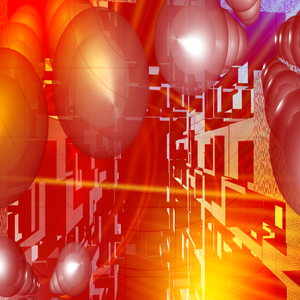Some New Research on Acupuncture

Acupuncture has been in use for at least three thousand years and some evidence that our ancestors were first exploring this amazing form of healing seven thousand years ago. We now have several forms of acupuncture being practiced: Traditional Chinese, that operates on a system of yin and yang, of five elements, of Qi and channels along which it flows. It was this system that I studied in China almost fifteen years ago. There are many schools and styles of traditional acupuncture, and distinct forms of treatment have grown up in many parts of the Far East, including Japan, Korea and Vietnam. There is also something called “medical acupuncture,” that ignores the principles and precepts of traditional Chinese medicine, and instead focuses on stimulating tender spots and using simple “recipes” for treating people. This stimulation might be with needles, lasers of electricity. Both types of acupuncture have been subjected to a great deal of research.
It may be that medical acupuncture works simply by stimulating the release of endorphins, or modulating some other chemical transmitters in the brain and spine. But the situation with traditional acupuncture is more complex. Every competent practitioner has seen clinical responses that cannot be explained on that basis alone. I have personally treated people paralyzed by strokes, and have seen them recover far more than we would ever expect in Western medicine. Other odd things too, like the cartilage being restored in people with arthritis. The frustrating thing is that none of the treatments works every time. But when it does, it can be amazing.
Recent studies that have been published in major journals have extended the list of conditions that may improve with acupuncture to include:
- Fibromyalgia
- The side effects of HIV medicines
- Arthritis of the knee
- Overactive bladder in women
- Itching associated with dialysis
On the other hand, I was surprised to see a large study of people with migraine, who failed to obtain much benefit. More than 20 years ago I reported good results using acupuncture for migraine at a conference in London. An esteemed colleague from Chicago immediately disagreed, saying that he had tried acupuncture and it had not worked for him. I think the message here is that it is not just the therapy, but also who is doing it.
Technorati tags: acupuncture Energy medicine Qi






